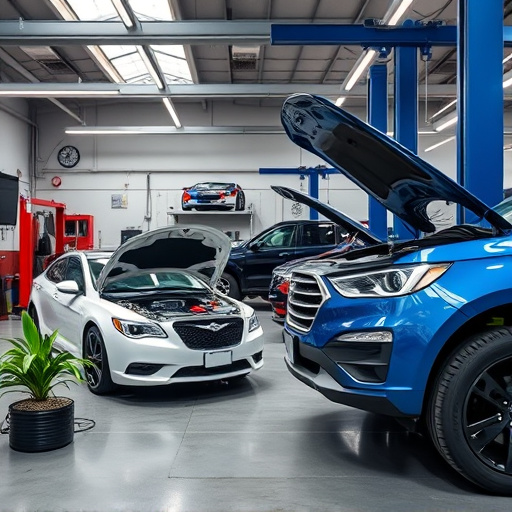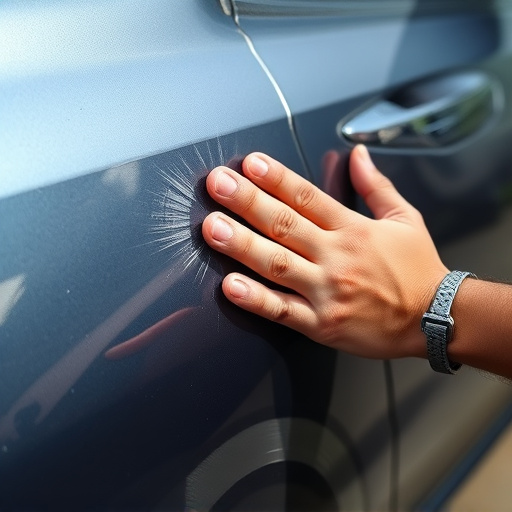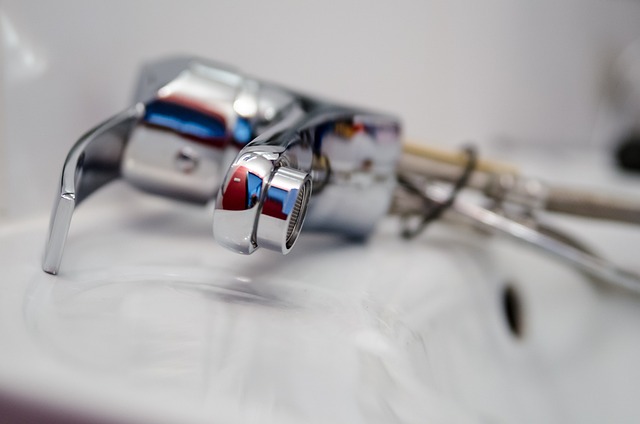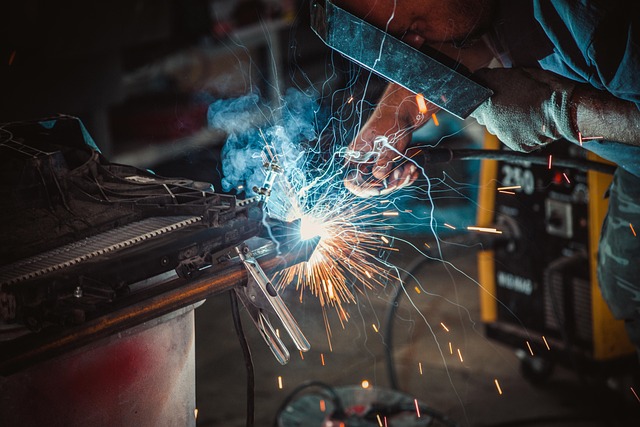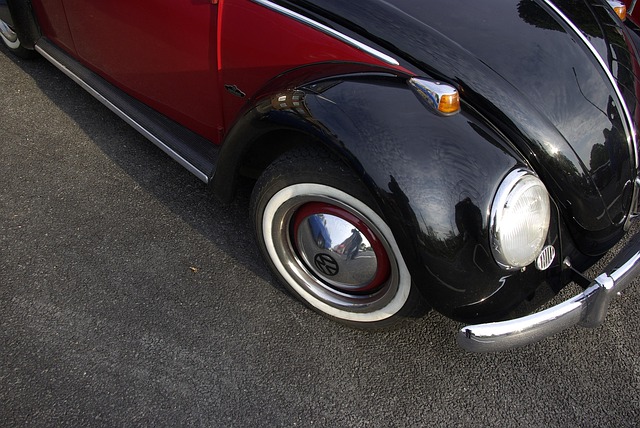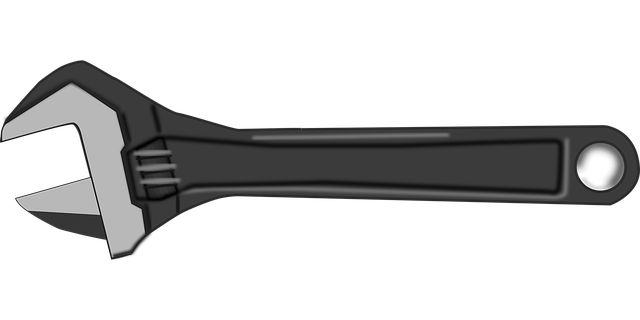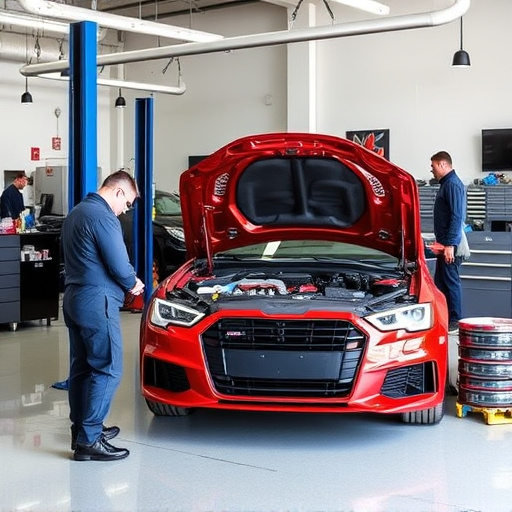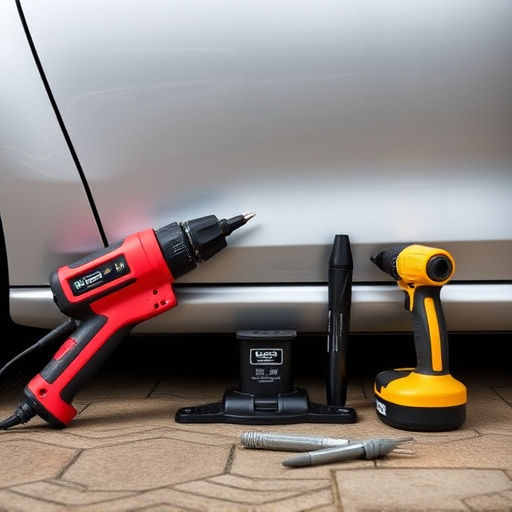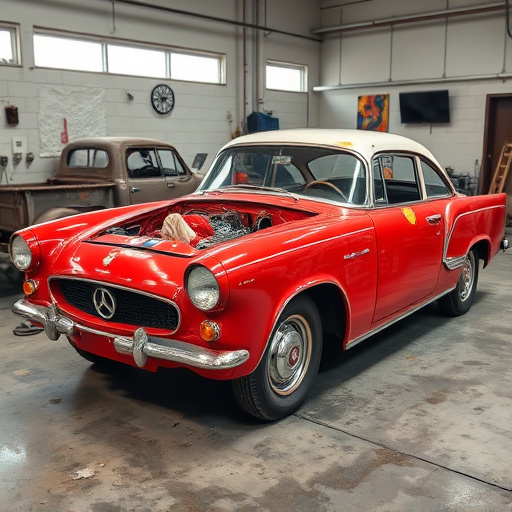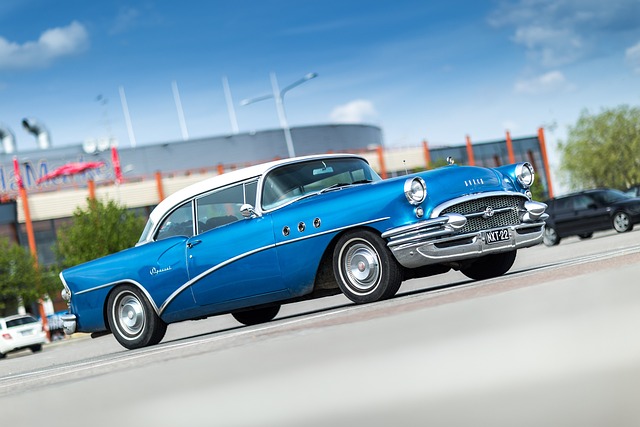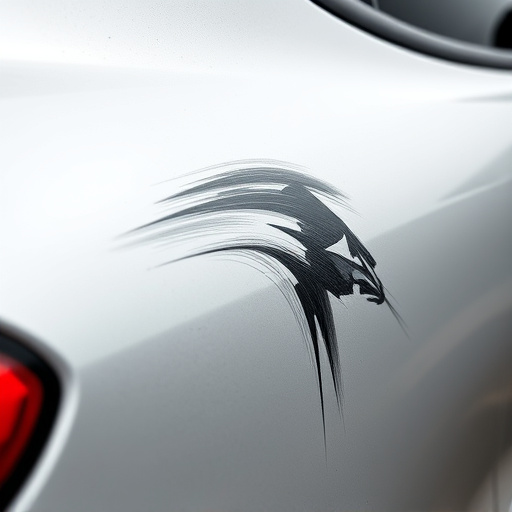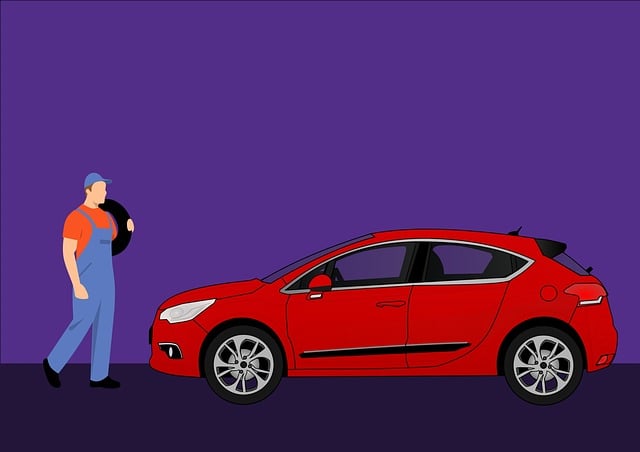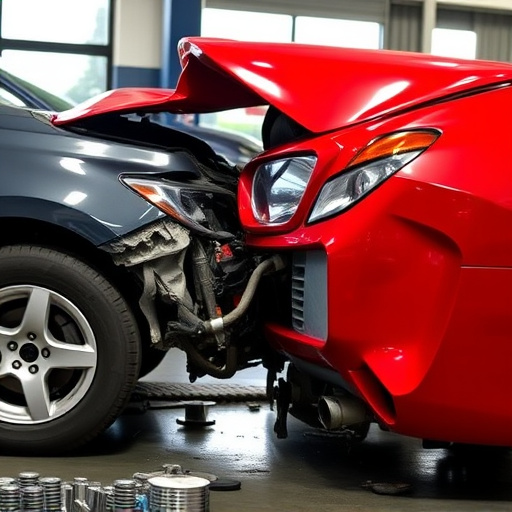Mercedes plug-in hybrids combine powerful electric and gasoline engines with advanced safety features like automatic emergency braking and lane departure warning, ensuring efficient braking and improved response times during accidents. Their structural integrity enhancements and specialized collision repair services optimize restoration of critical safety components. Navigating independent safety ratings from non-automotive organizations is crucial for peace of mind, as they scrutinize crash testing, advanced driver-assistance systems (ADAS), and overall construction quality, particularly for the unique high-voltage systems in plug-in hybrids. These ratings guide prospective owners and ensure top-tier safety standards in case of a collision.
Mercedes Plug-in Hybrid vehicles are not just eco-friendly; they’re engineered with unparalleled safety standards. Understanding the collision safety features and navigating independent safety ratings is crucial for informed purchasing decisions. This article delves into the robust safety measures of Mercedes Plug-in Hybrids, highlighting why German engineering is a game-changer in this space. By exploring these aspects, you’ll gain trust in their performance during collisions.
- Understanding Mercedes Plug-In Hybrid Collision Safety Features
- Navigating Independent Safety Ratings for Plug-In Hybrids
- Why Trusting German Engineering in Safety is Crucial for Mercedes Plug-In Hybrids
Understanding Mercedes Plug-In Hybrid Collision Safety Features

Mercedes Plug-in Hybrid vehicles are equipped with an array of collision safety features designed to protect occupants and minimize the impact of accidents. These innovative systems go beyond conventional safety measures, leveraging advanced technology to enhance overall protection. One key aspect is the integration of a robust electric motor and gasoline engine, enabling efficient plug-in capabilities that contribute to smoother braking and improved response times during sudden stops or collisions.
In addition to their powerful propulsion systems, Mercedes Plug-in Hybrids boast sophisticated safety features such as automatic emergency braking, lane departure warning, and adaptive cruise control. These active safety technologies work in tandem with structural integrity enhancements from the vehicle’s design, ensuring that both the auto detailing and auto body shop processes prioritize safety without compromising aesthetics. A collision repair shop specializing in these models can further optimize safety by employing specialized training and state-of-the-art equipment to accurately restore and reinforce critical safety components.
Navigating Independent Safety Ratings for Plug-In Hybrids
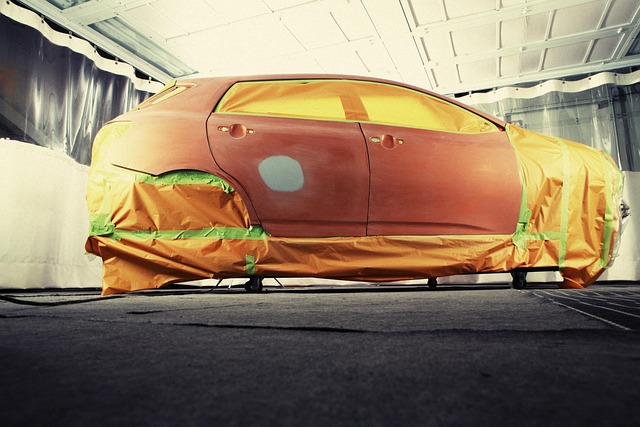
When considering a Mercedes plug-in hybrid, navigating independent safety ratings is crucial to ensure peace of mind on the road. These ratings, often provided by organizations unrelated to automakers, offer an unbiased perspective on vehicle safety in the event of a collision. They consider factors like crash testing, advanced driver-assistance systems (ADAS), and overall construction quality—all vital aspects for any car buyer.
Understanding these independent evaluations is especially important for plug-in hybrids, as their unique design and battery packs introduce specific safety considerations. Unlike traditional hybrids or internal combustion engines, the presence of a high-voltage system necessitates enhanced protection to mitigate risks associated with electrical components. Reputable car body shops and bodywork services often emphasize these ratings, helping prospective owners make informed decisions and ensuring they select a model with top-tier safety standards, including comprehensive car paint services for potential repairs.
Why Trusting German Engineering in Safety is Crucial for Mercedes Plug-In Hybrids

When it comes to Mercedes plug-in hybrids, trusting German engineering in safety is paramount. This reputation for excellence stems from centuries of craftsmanship and innovation, ensuring that every component, from advanced safety systems to robust construction, meets the highest standards. In the event of a collision, a Mercedes plug-in hybrid’s engineered resilience guarantees optimal passenger protection, leveraging cutting-edge materials and design principles to minimize impact and enhance overall vehicle integrity.
Consider the meticulous attention to detail in every aspect, from structural integrity to advanced airbags and crash-responsive systems. These features, coupled with rigorous testing protocols, mean that when you’re behind the wheel of a Mercedes plug-in hybrid, you’re not just driving a car—you’re relying on a vehicle built to withstand even the most severe collisions, keeping you and your passengers safe on every journey. Moreover, should any damage occur, specialized vehicle body repair services tailored for Mercedes can ensure that your hybrid is restored to its original safety specifications, maintaining the trust you place in its German-engineered safety ratings.
Mercedes Plug-in Hybrid vehicles consistently rank among the safest on the market, thanks to their robust collision safety features and rigorous independent safety ratings. German engineering has long been renowned for its emphasis on safety, and Mercedes embraces this legacy. When considering a Mercedes Plug-in Hybrid, you can trust that these vehicles are designed with cutting-edge technology to protect occupants and minimize the impact of collisions.
